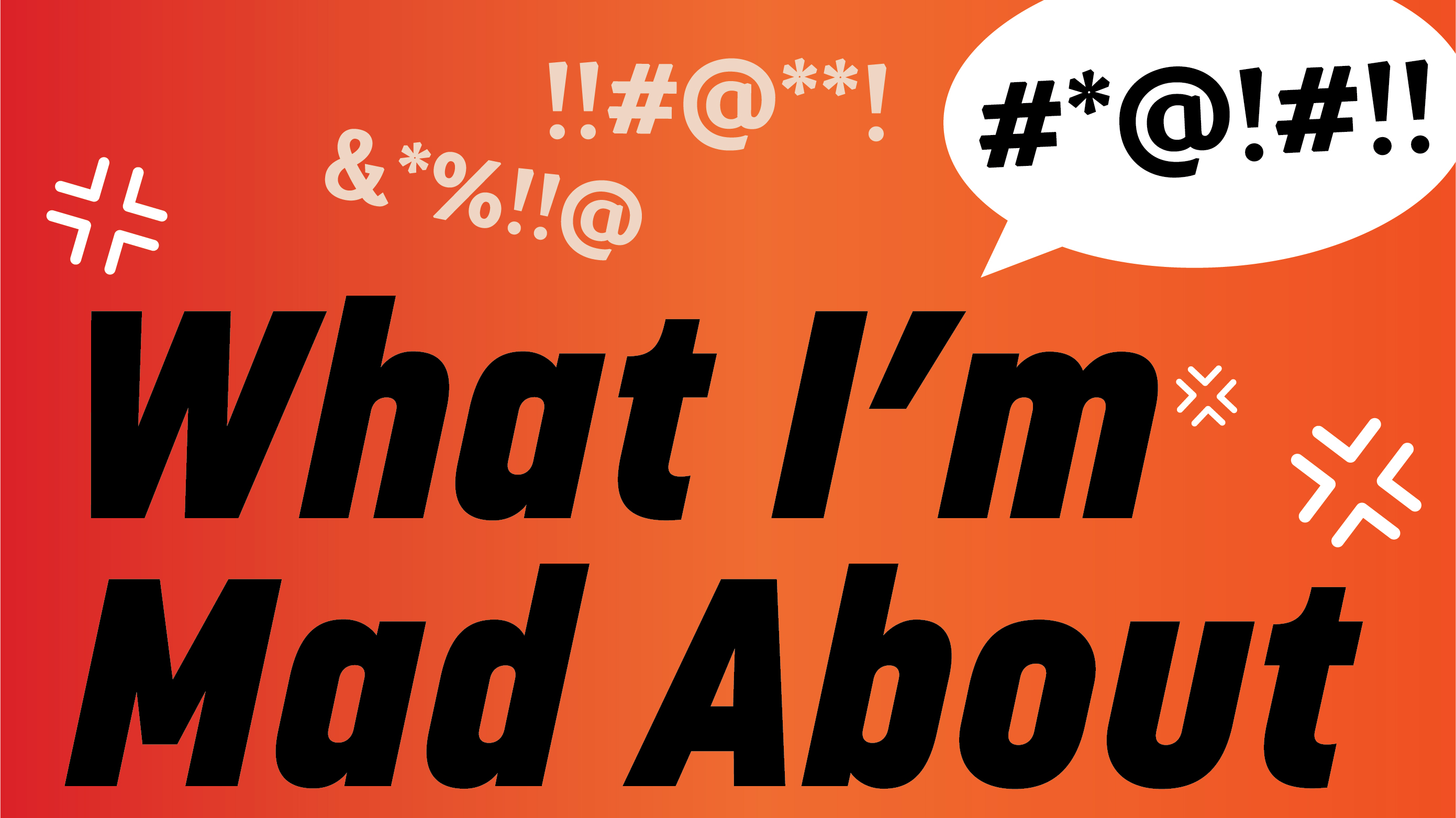
From fake news to misinformation
By: Kayla Hunt, Columnist
As Election Day approaches, there have been various attempts to discourage voters from engaging in the midterm election.
Social media companies have been playing an active role in ensuring that voters are going to the polls with an informed mindset. There have been a plentiful amount of fake accounts on social media platforms such as Facebook and Twitter that created posts and formed groups to dissuade users from voting.
Twitter recently announced that they suspended thousands of fake accounts that were engaging in voter suppression. These accounts were making attempts through various posts and group messages to discourage people from voting.
These actions have been labeled as “misinforming.” In the 2016 election, there were as prominent issue of “fake news,” in which inaccurate claims and stories were being disseminated to the public as an effort to pollute the minds of prospective voters.
According to CNN’s Chief Media Correspondent Brian Stelter, since the 2016 election, Facebook and Twitter have put policies in place to prevent this pollution from occurring.
However, it has been shown to be difficult to track down the mass hate posts, hoaxes, conspiracies and overall misinforming. It has been claimed that these posts are more difficult to take action on because it can not be fact-checked. In contrast to fake news, misinforming posts are more opinion-based.
This upcoming election, active social media users should try to filter out the flooding of misinforming posts. It is important that voters go to the polls with accurate information regarding their candidate choices. It is not fair for the minds of voters to be manipulated and polluted as an effort enacted by others to achieve their own political agendas.

